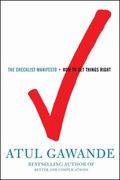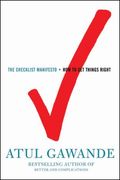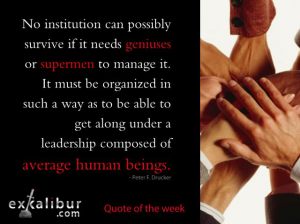Vol. 62: Strategic Finance Fundamentals: It’s time!
“If I am through learning, I am through.”– John Wooden
Some of you will remember – back in the day – the E. F. Hutton commercials that intoned, “When E.F. Hutton speaks, people listen.” (Some of you are probably wondering – who is E.F. Hutton in the first place?) These days, the Sage of Omaha has taken their place and has the ear of many. When I finished re-reading Warren Buffett’s Annual Letter to Shareholders, it resonated with similar messages in a number of recent articles.
What is growth?
From a Wall Street Journal article on March 25 discussing Conoco/Phillips’ future plans: “We asked ourselves, ‘What is growth?’” an executive said. “Growth could be viewed as just growing absolute volumes, but we felt that in this challenging environment what’s really important is to grow the value of the company.”
Or this one, from an article in the April 5 edition of Business Week about the Sears/K-Mart merger: “Simplistic analyses … ignore the fact that negative or below-market returns on invested capital are as harmful to creditors as to shareholders.”
Finally, in Warren Buffett’s shareholder letter, (more…)


 Last time, we discussed how to create a responsible culture where each individual accepts accountability for their actions and decisions.
Last time, we discussed how to create a responsible culture where each individual accepts accountability for their actions and decisions.




 Many years ago when we lived in the Midwest, we became very good friends with a young couple down the street.
Many years ago when we lived in the Midwest, we became very good friends with a young couple down the street.



